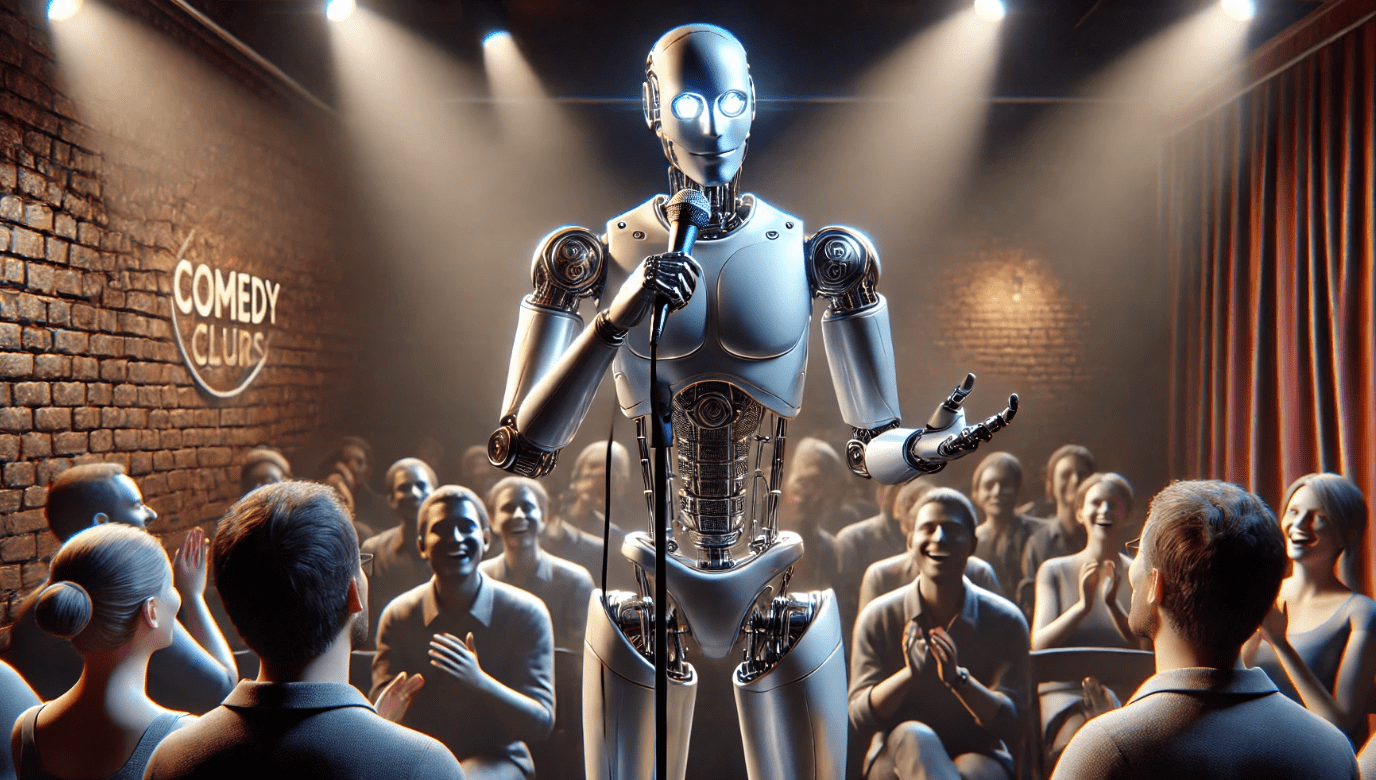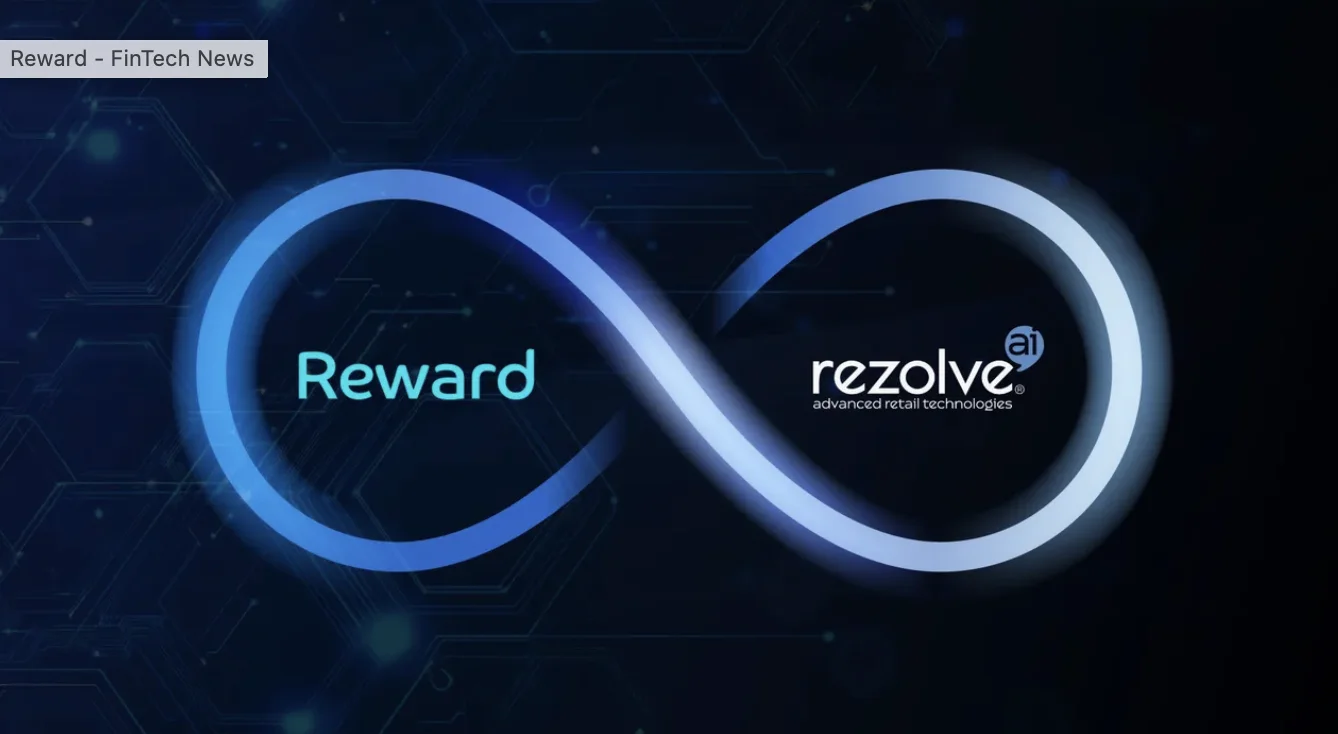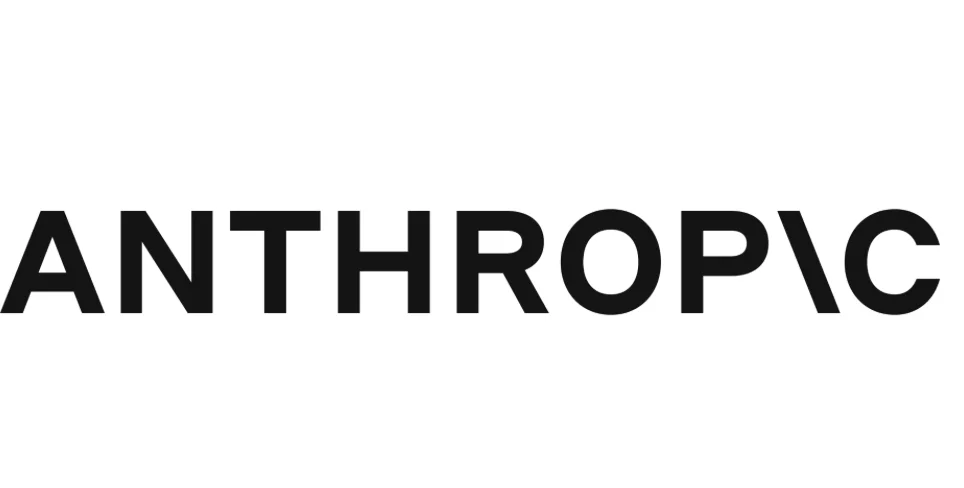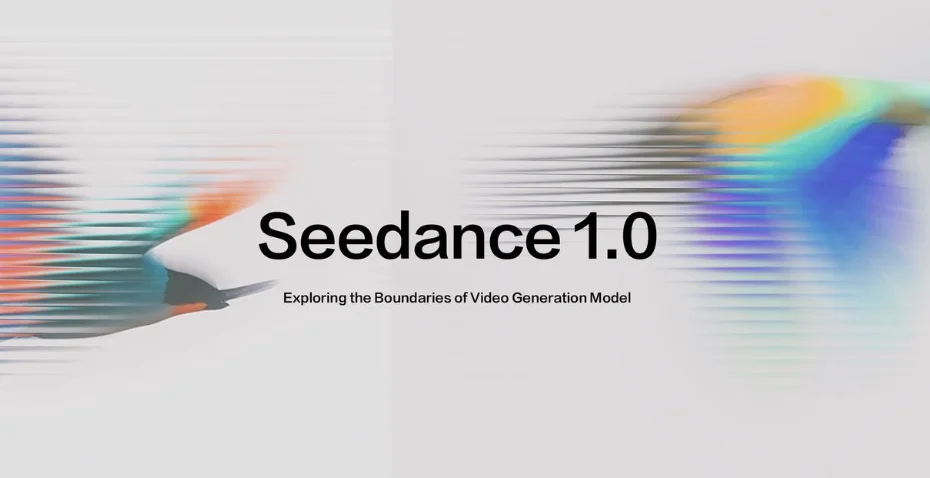Insider Brief
- In a study, nearly 70% of the participants rated the ChatGPT-generated jokes as funnier than those crafted by humans.
- Participants also found ChatGPT’s headlines just as funny as the original Onion headlines.
- Researchers say study raises questions about the use of ChatGPT and other LLMs within the entertainment industry.
PRESS RELEASE — A study comparing jokes by people versus those told by ChatGPT shows that humans need to work on their material.
The research team behind the study published in the journal PLOS ONE, took on the serious task of comparing participants’ reactions to jokes written by ChatGPT 3.5 and others written by people.
This was conducted in an effort to determine if artificial intelligence can outwit humans for a laugh, said Drew Gorenz, a doctoral candidate in social psychology at the USC Dornsife College of Letters, Arts and Sciences.
“Since ChatGPT can’t feel emotions itself but it tells novel jokes better than the average human, these studies provide evidence that you don’t need to feel the emotions of appreciating a good joke to tell a really good one yourself,” Gorenz said.
One study compared the funniness of novel jokes crafted by regular people with the funniness of novel jokes generated by ChatGPT. Participants did so without knowing their author.
The researchers found that overall, nearly 70% of the participants rated the ChatGPT-generated jokes as funnier than those crafted by humans. A little over 25% of participants rated the human-crafted responses as funnier, and only about 5% rated jokes from both sources as equally funny. The results were consistent even when the researchers checked for differences across various demographics.
To see how ChatGPT might fare against professional humor writers, the researchers conducted a second study in which they challenged ChatGPT to develop new headlines in the satirical style of The Onion. They then asked another group of 200 participants to rate the funniness of original Onion headlines and of the new ChatGPT-generated headlines. Participants found ChatGPT’s headlines just as funny as the original Onion headlines.
A scientific method for getting a laugh
How does one get people and AI to generate original jokes? For the first study, both ChatGPT and 105 participants completed three tasks, each including three prompts. In the first task, they crafted humorous new phrases for common acronyms. In a second task, both ChatGPT and the human writers generated funny answers to fill-in-the-blank phrases such as, “A lesser known room in the White House: _____.” They were also prompted to come up with a “roast joke,” a funny slam inspired by an awkward fictional scenario such as this:
“Imagine that one of your friends wants your opinion on how well she sings. She sings a minute or two to demonstrate her voice, and you cringe — she might be the worst singer you ever heard. When she asks, ‘So how was it?’ you decide to be honest so you say, ‘To be honest, listening to that was like: _____’”
These three tasks resulted in more than 945 jokes written by 105 writers. ChatGPT was asked to generate 20 humorous answers for each prompt for a total of 180 jokes. A new group of participants then rated the funniness of the jokes.
In the second study, ChatGPT was fed original headlines from The Onion and asked to generate new headlines in the same style. A group of 200 participants was asked to rate the funniness of the original Onion headlines and the ChatGPT-generated ones without knowing the authorship.
A serious look at humor
Gorenz said his idea for the study stemmed in part from the entertainment world’s debate over writers’ concerns about the use of large language models (LLMs) like ChatGPT in entertainment production. The issue has been magnified due to recent strikes by Hollywood writers and actors who are fearful that the adoption of LLMs poses an existential threat to their respective professions, to art and to human creativity.
Gorenz, himself an amateur stand-up comedian, acknowledged a lifelong love for comedy that inspired his research with co-author, Norbert Schwarz, who is a co-director of the USC Dornsife Mind and Society Center and an expert on consumer judgment with the USC Marshall School of Business.
Gorenz said their study raises questions about the use of ChatGPT and other LLMs within the entertainment industry.
“The implications are more positive for people who merely want to reap the benefits of elevating their everyday communications with a dose of humor,” he and Schwarz, a Provost Professor of Psychology and Marketing, wrote.
“But for professional comedy writers, our results suggest that LLMs can pose a serious employment threat,” Schwarz added.
Whether AI gets the last laugh remains to be seen.
Click here to read the full study at PLOS ONE.






